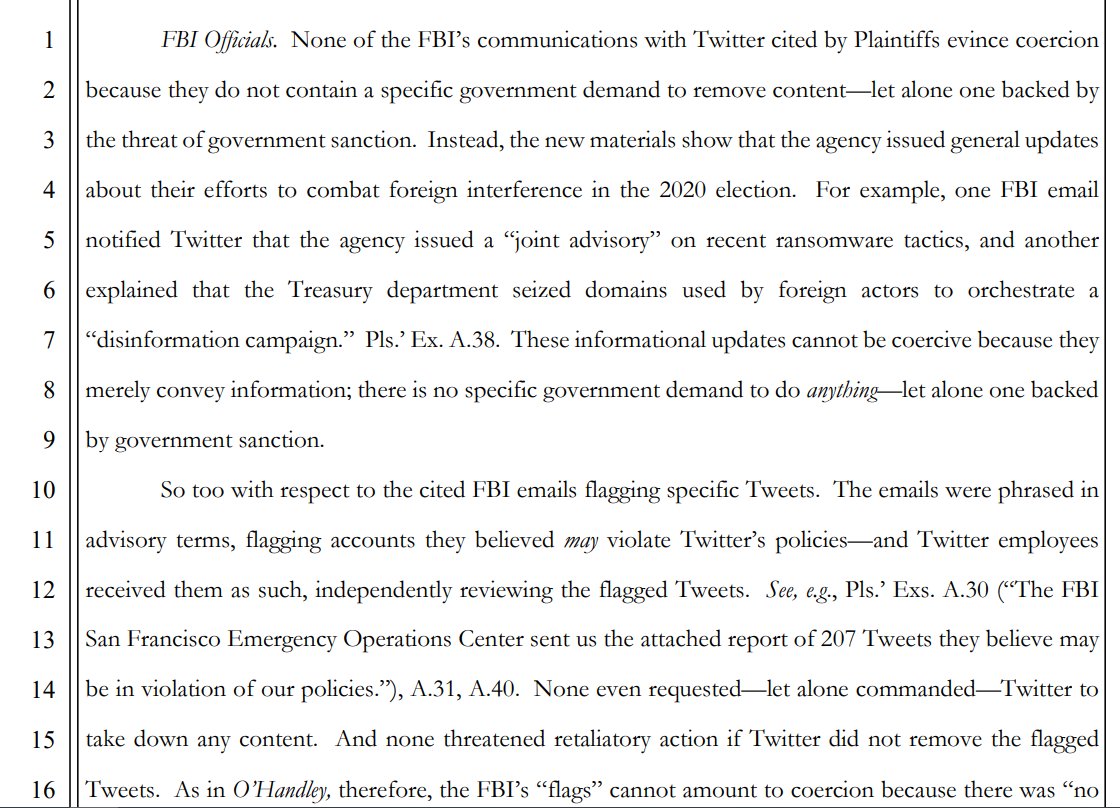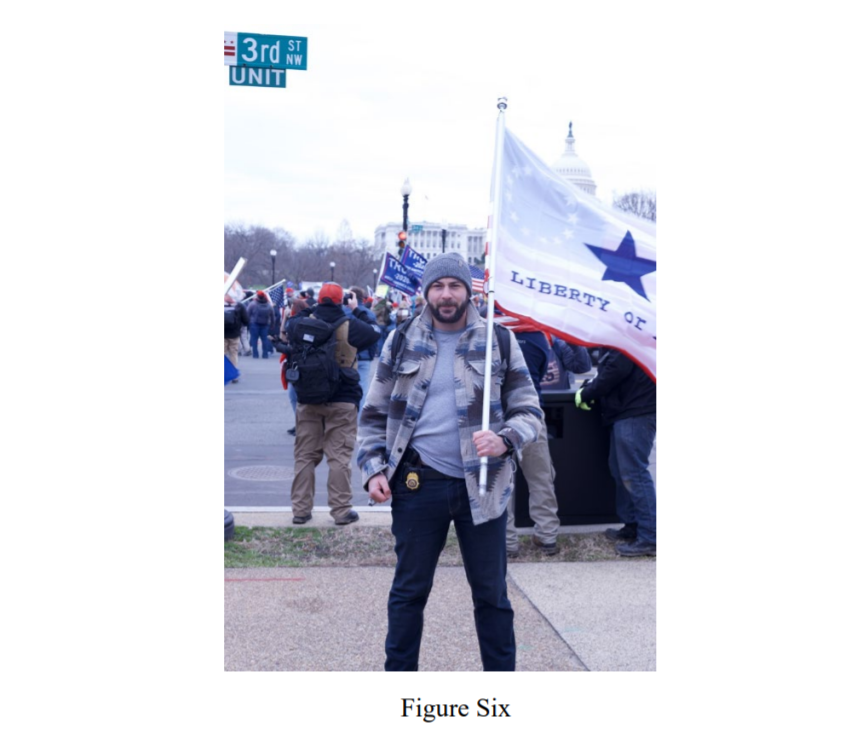Here's what DOJ's internal case management records show about Rep. Ratcliffe's time as a federal prosecutor:
He worked on 43 cases that DOJ designated as having something to do with terrorism. Two of those cases led to criminal charges.
He worked on 43 cases that DOJ designated as having something to do with terrorism. Two of those cases led to criminal charges.

The only "terrorism" case to which Ratcliffe was assigned that resulted in a conviction was the prosecution of Kenneth Kanyayi, who was accused of using someone else's Social Security number to gain employment. 

Kanyayi pleaded guilty to one count of Social Security fraud and was sentenced to six months, which was basically time-served, followed by two years of supervision. 

(These were the heady days when federal prosecutors were counting anything and everything as terrorism. Around this time, I interviewed a truck driver whose harassing phone calls to his former landlord were classified as domestic terrorism. Old school DOJ stats-juking.)
The other case that resulted in a prosecution was marked as "terror financing," but the actual charge was tax fraud. It was filed in 2003, before Ratcliffe joined DOJ. Records show it was dismissed at the government's request in 2011.
Of the rest, DOJ declined to prosecute 27 defendants because of weak or insufficient evidence. It dropped 10 at the request of an agency. (These are the internal codes the U.S. Attorneys' offices use; they're not super-specific.)
A few others were marked as having been opened in error. Basically, somebody created a record in the case-management system when they shouldn't have, and the system doesn't allow you to delete cases.
(The records don't look like they capture whatever work he did on the Holy Land case, because DOJ's case management system is a clunky rust-bucket that is not designed to capture weird situations where somebody works outside of his normal district and whatnot.)
Potentially related ->
https://twitter.com/realDonaldTrump/status/1157352000327180289
This is all from the Justice Department's case management system. The department releases a huge trove of records - about 50gb - every month: justice.gov/usao/resources…
• • •
Missing some Tweet in this thread? You can try to
force a refresh
















